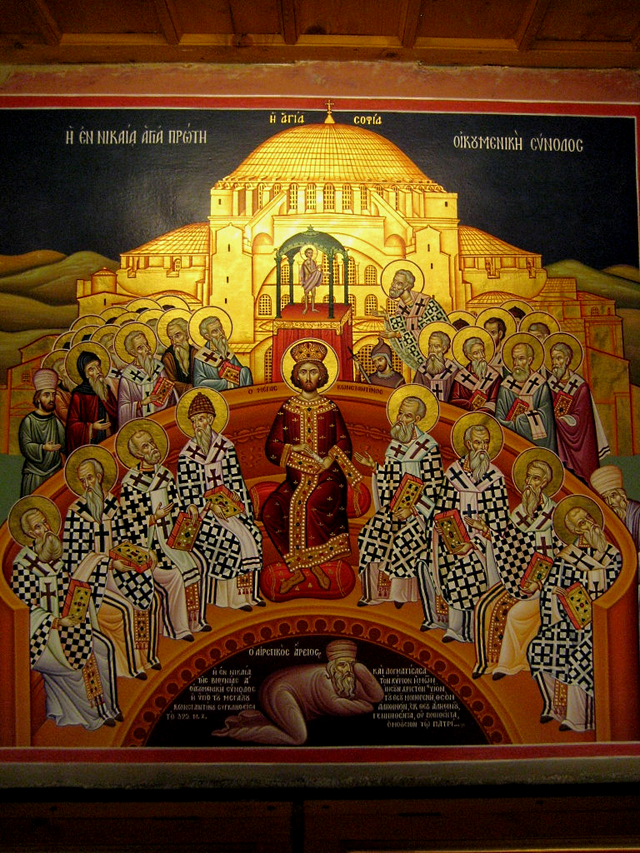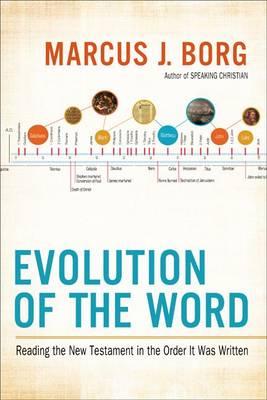Some people are highly devotional because it is scary having one's paradigm shattered. This is to be exposed to the chaos of one’s own mind (the devil!). It is much easier to cling to the established artifacts of one’s own thinking then to fall into the pit of chaos. Most people would rather die than admit that the belief system/paradigm that they have carried most or all their life is wrong in spite of proof of error time and time again.
Perseverance is important in any worthwhile endeavor. History is full of examples of great men and women who made tremendous contributions to the world simply because they didn’t quit when things became difficult. Great talent or intelligence doesn’t matter if it is not applied with fortitude and endurance toward a goal. Obtaining spiritual goals also requires perseverance. To grow in spirit and inner understanding means we keep up our efforts through the difficulties life presents. Persevering through the difficulties is what brings us deeper faith, deeper understanding, and deeper, more lasting joy. That is the fruit of patient endurance that Jesus referred to.
In this article, I would like to point out 3 crucial problems that arise when one begins with “plain truths” about the book rather than the Christ, the Logos, the “structuring principle of reality.” (John 1:1–5)
“Salvation” is often a dirty word in progressive Christian circles, but when abandoned, it leaves a void for others to fill. Instead, we need to boldly reclaim it. In American culture, its dominant usage revolves around the phrase “being saved.” Left assumed and implicit is the “from what” we are being saved: hell. Yet for those of us who dismiss a literal hell of fire and torment, we rarely replace what we are being saved from. Talking about salvation feels irrelevant if you dismiss the problem it was meant to solve and replace it with nothing.
From the Celebrating Mystery collection
Remembering our ancestors gives life to ourselves and also to them, for we are our ancestors and they are us.
Heaven is both a destination and a present reality. Heaven is where human will and God’s will coincide. The prayer that Jesus taught has different meanings for each of us. These are some of mine:
The Greek word for “faith” in the New Testament is pistis, which occurs 243 times. As a noun, pistis is used as a technical term for “forensic evidence.” In other words, faith is not blind; we must investigate to establish the facts. I agree with retired Episcopal bishop, John Shelby Spong, who writes, “My problem has never been my faith. It has always been the literal way that human beings have chosen to articulate that faith.” To many Christians, faith means believing highly suspect claims, which is a problem for me. Thinking isn’t a sin. God created our minds and I’m certain that we were intended to use them.
One of the most serious theological conflicts in the history of Christianity occurred more than one thousand six hundred years ago. Known as
From the Boundless Life collection
I’m on the road to nowhere A place that I can find Beyond my measured thinking, Beyond my structured mind.
What Does Hebrew Scripture Say about Life After Death? There isn’t much in Hebrew scriptures about life after death. According to Ecclesiastes, death
When it comes to the existence of the devil, people normally have one of two reactions: they dismiss the devil and scoff at the idea that there is such an entity, or they exalt the devil, and attribute far more to him (or it) than is deserved. In a recent Gallup poll, 70% of Americans believe in the devil. Half of those surveyed believe that he (this evil force is most often referred to in masculine terms) is a personal force, while the other half believes he is an impersonal force. Let us see what the Bible says about Satan, the devil and the evil one.
We need to subject the resurrection stories of the New Testament to the same critical analysis as we did the crucifixion. So let us examine Paul’s writings and the gospels in an attempt to discover what the event we call Easter really was.
One of the most reliable facts concerning Jesus is that he was crucified during the reign and by the action of the Roman procurator, Pontius Pilate, who served by appointment of the Caesar from 26-36 CE. The Roman senator and historian Tacitus referred to Jesus’ execution by Pilate in his Annals, which was written circa 116 CE. Beyond that, however, there is not much historical evidence.
Covenant is firmly established in Christian theology, but among mainstream denominations Methodism gives it particular emphasis. Dating from the time of John Wesley and adapted from seventeenth century Puritan ideology, the annual covenant service is an established part of Methodist tradition. In some quarters it has been welcomed as part of Methodism’s distinctive contribution to the World Church. Grounded in both the Old and New Testaments, covenant theology is surely beyond reproach. Or is it?
The creative urgency of God is very close to you - in your heart and looking for an opening so that it may be expressed.
The New Testament in the Order the Books Were Written
the full-text of the New Testament—and one of the only Bibles organized in chronological order and including explanatory annotations that give readers a more informed understanding of the Scripture
In the Hellenistic world, writings were read aloud, heard and remembered. But modern exegesis assumes a silent text. The disjuncture between ancient...

























